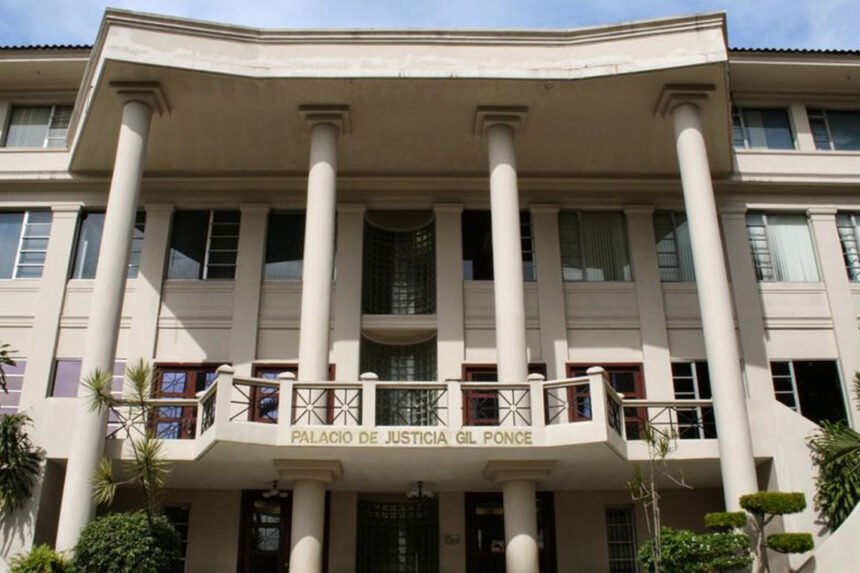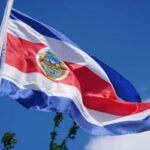On May 15, the Supreme Court of Panama (CSJ) made headlines by ruling that Decree No. 315, which was passed on June 30, 2022, and prohibited the use, import, and sale of e-cigarettes and similar devices, was unconstitutional. This unanimous decision, delivered by Judge Olmedo Arrocha, has sent shockwaves through the e-cigarette industry and among consumers. Let’s dive into the juicy details of this legal saga, the constitutional drama, and what it means for the future of e-cigarettes in Panama.
The Legislative Journey of Decree No. 315
The controversial Decree No. 315, initially presented by Crispiano Adames and passed on March 19, 2020, faced significant hurdles from the start. President Laurentino Cortizo vetoed the bill, which led to further legislative debates. The vetoed bill was reconsidered and approved in a third debate on July 8, 2021, and subsequently sanctioned in June 2022. However, the journey did not end there.
Constitutional Violations and Legal Challenges
The Supreme Court’s decision was rooted in the violation of Article 170 of the Constitution. This article stipulates that if a bill is entirely objected to by the Executive, it must return to the National Assembly for a third debate. If only partially objected, it should return to the second debate solely to address the objections. Article 170 also mandates that if the Assembly approves the objected bill by a two-thirds majority, the Executive must sanction and promulgate it without further objections. Failure to attain this majority results in the bill’s rejection.
The Association of Tobacco Harm Reduction of Panama (ARDTP) filed a lawsuit, arguing that the legislation did not receive the affirmative vote required by the Constitution. They also contended that additional provisions were incorporated into the bill, which had material implications and altered the original proposal by President Cortizo.
Health and Economic Implications
The plaintiffs in the lawsuit claimed that the prohibition of e-cigarettes was detrimental to public health, as it prevented access to less harmful alternatives for adult smokers and their surroundings. They argued that such a ban could lead to increased contraband activities, undermining regulatory efforts and public safety.
Unanimous Decision by the Supreme Court
Judge Olmedo Arrocha, the magistrate responsible for the ruling, delivered a unanimous decision declaring Decree No. 315 unconstitutional. The court’s decision was based on the legislative process’s procedural flaws and the failure to comply with constitutional requirements. The ruling emphasized the importance of adhering to constitutional mandates and ensuring that legislative processes are transparent and legitimate.
Future of E-Cigarettes in Panama
The Supreme Court’s ruling marks a significant turning point for the e-cigarette industry in Panama. It underscores the importance of procedural adherence in legislative processes and highlights the need for balanced regulations that consider public health and economic impacts. The decision is seen as a victory for tobacco harm reduction advocates who argue for the availability of less harmful alternatives for smokers.
In conclusion, the Supreme Court of Panama’s decision to declare the e-cigarette ban unconstitutional is a landmark ruling with far-reaching implications. It not only addresses procedural irregularities but also brings to light the broader debate on public health, regulatory policies, and individual rights. As Panama navigates the future of e-cigarette regulation, this decision will undoubtedly serve as a critical reference point, shaping the discourse on tobacco harm reduction and regulatory practices.











